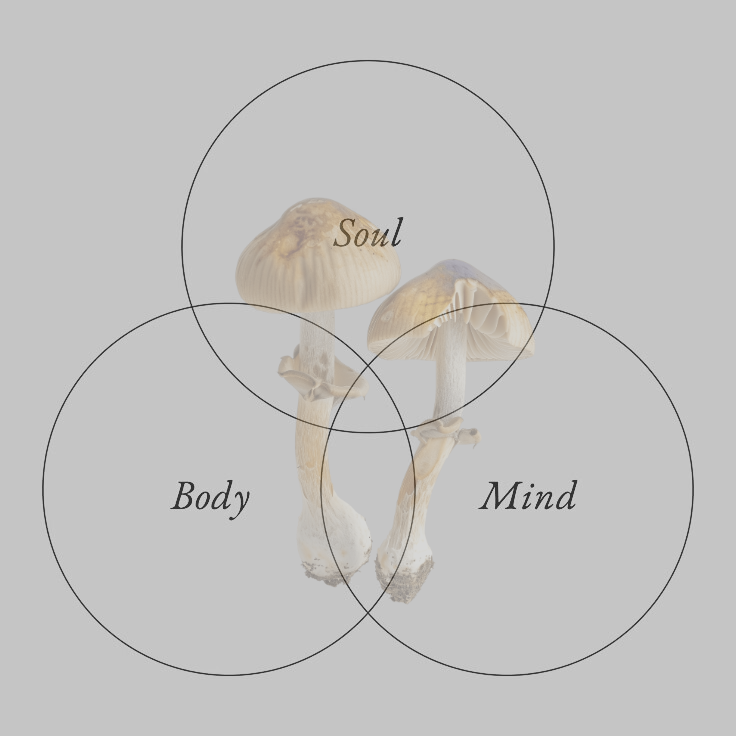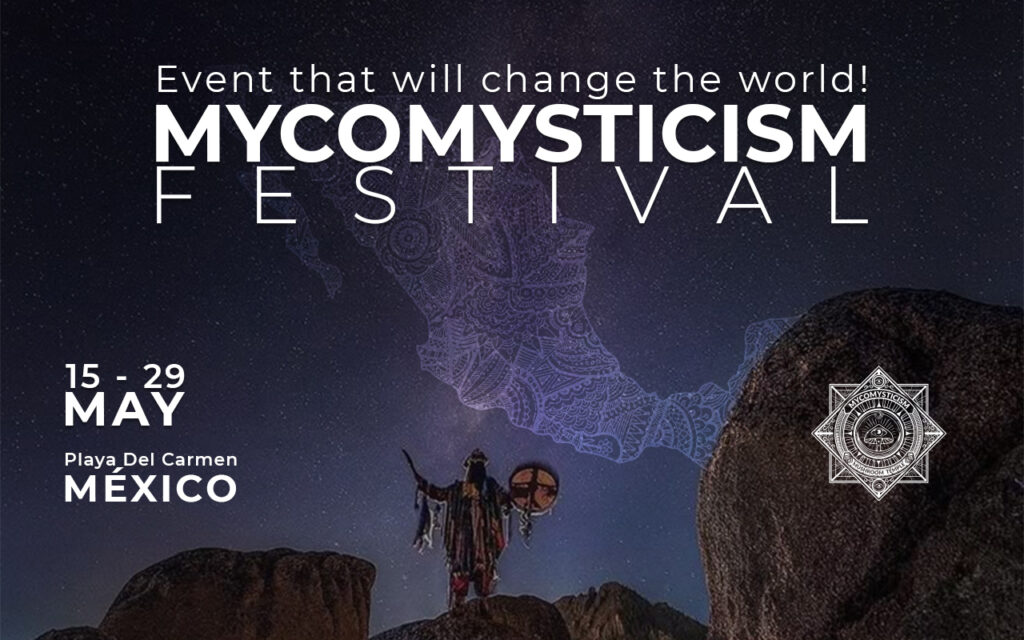Significant improvement in the psycho-emotional state
Significant improvement in the psycho-emotional state: The role of Psilocybin Mushrooms
For centuries, psilocybin mushrooms have been used as a tool for emotional and spiritual healing. Modern research and ancient traditions both highlight their ability to facilitate deep introspection, emotional release, and psychological transformation. These mushrooms play a crucial role in improving psycho-emotional well-being, offering individuals a way to process trauma, release suppressed emotions, and foster a deeper connection with themselves and the world around them.
The Role of Mycomysticism in Emotional Healing
Mycomysticism is a perspective that combines the wisdom of ancient spiritual traditions with modern psychedelic research, viewing psilocybin mushrooms as sacred guides to self-discovery and transformation. This approach emphasizes the integration of mystical experiences with personal growth, seeing psilocybin not only as a chemical agent but as a means to access deeper levels of consciousness and insight. Mycomysticism teaches that the healing process extends beyond the trip itself—it involves cultivating awareness, intention, and a harmonious relationship with nature and the self.
Practitioners of Mycomysticism use psilocybin mushrooms in structured, intentional settings, often incorporating meditation, breathwork, and rituals to enhance the transformative potential of the experience. By doing so, they create a framework that helps individuals navigate their journey, ensuring that the insights gained lead to meaningful and lasting change.
The process of healing with Psilocybin Mushrooms
Psilocybin mushrooms create a shift in perception by altering the brain’s neural pathways. In therapeutic or intentional settings, individuals often experience a dissolution of mental barriers that allows them to access buried emotions and unresolved traumas. Rather than suppressing negative emotions, psilocybin encourages an open and accepting approach to them, enabling a more profound emotional release. Many report an enhanced ability to process difficult memories, not with fear, but with a sense of curiosity and detachment. This altered state of consciousness fosters a sense of emotional clarity, reducing symptoms of anxiety, depression, and emotional stagnation.
The science behind Psilocybin’s effects
Neuroscientific studies show that psilocybin significantly impacts the brain’s default mode network (DMN), which is responsible for self-referential thoughts and habitual mental loops. By temporarily quieting this network, individuals experience a heightened state of awareness, which allows for cognitive flexibility and the dismantling of rigid thought patterns associated with anxiety and depression. Additionally, psilocybin promotes neuroplasticity, enabling the brain to form new, healthier connections. This explains why many people experience lasting improvements in their mental well-being even after a single session. The integration of these experiences into daily life helps sustain positive changes, reinforcing emotional resilience and mindfulness.
The spiritual and mystical aspect of healing
Beyond neuroscience, psilocybin has long been regarded as a sacred tool for spiritual awakening. Many indigenous cultures have used psychedelic mushrooms in rituals and ceremonies, believing they provide access to higher states of consciousness and universal wisdom. The dissolution of ego—a common experience with psilocybin—mirrors ancient spiritual teachings that emphasize unity, interconnectedness, and the impermanence of suffering.
Mycomysticism aligns with these traditions, viewing psilocybin as a key to understanding the deeper mysteries of existence. Through guided experiences, individuals often report a deep sense of oneness with nature and existence itself. This can lead to a reevaluation of personal values, a newfound appreciation for life, and a release of deeply ingrained fears and emotional burdens.
Lasting transformation and integration
The true power of psilocybin lies not just in the experience itself, but in the integration process that follows. Insights gained during a journey can reshape perspectives, encouraging a more present, patient, and self-compassionate approach to life. Many individuals adopt meditation, journaling, or mindfulness practices as a way to solidify these positive changes.
Mycomysticism emphasizes the importance of post-experience reflection and the role of community support in maintaining inner harmony. By engaging in shared discussions, seeking guidance from experienced facilitators, and practicing daily mindfulness, individuals can continue their journey of self-discovery and emotional balance.
Scientific evidence and anecdotal experiences alike suggest that psilocybin-assisted therapy has the potential to revolutionize mental health care. By fostering deep emotional healing, increasing neuroplasticity, and offering a bridge between science and spirituality, psilocybin mushrooms continue to demonstrate their capacity to facilitate significant improvement in psycho-emotional well-being.
Healing is a journey, and while psilocybin can serve as a catalyst, the real transformation comes from within. By embracing the process with an open heart and mind, individuals can unlock their innate potential for growth, resilience, and profound emotional balance, as encouraged by the principles of Mycomysticism.





